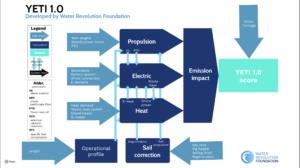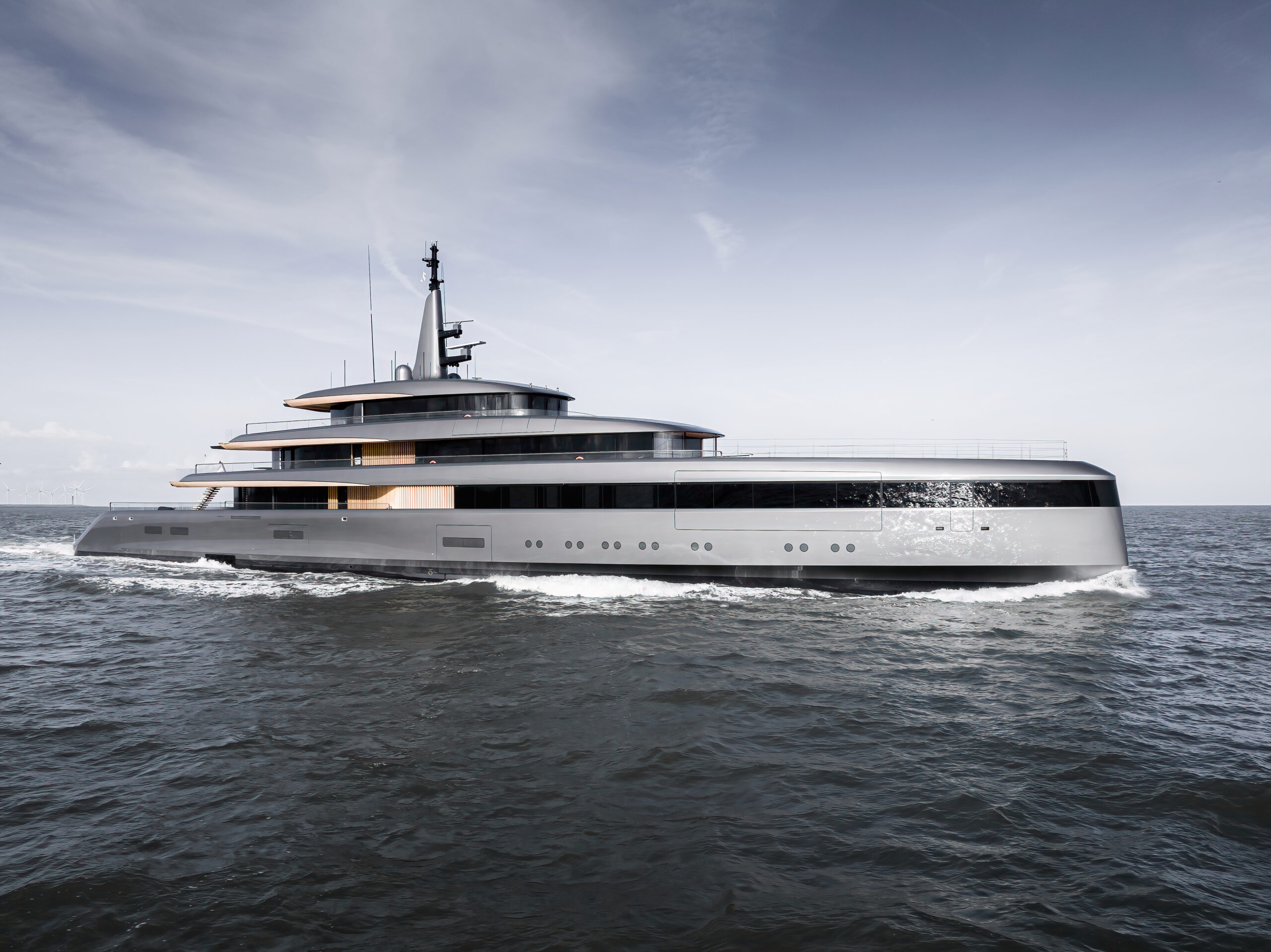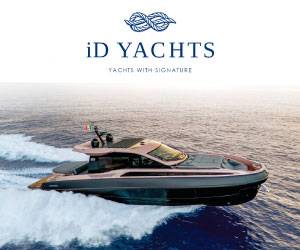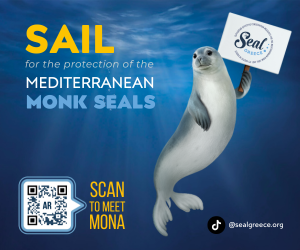Five years ago, on March 25, 2019, Feadship invited a group of industry representatives to the De Voogt offices to discuss an idea called the Yacht Environmental Transparency Index, or YETI for short. On the spot, everybody agreed to start a Joint Industry Project (JIP) under the umbrella of the then-formed Water Revolution Foundation. A lot has happened in the intervening period, and the initiative has now entered the process of being translated into an ISO standard.
Based on an idea by Bram Jongepier, Feadship Senior Specialist Design, YETI is a science-based, data-driven method that scores and compares yachts based on their environmental credentials by using average operational profiles based on fleet AIS data.
“Sustainability is essential,” says Jan-Bart Verkuyl, Feadship Director and CEO of Royal Van Lent Shipyard. “If we don’t do it, we become complacent. There is pressure from our clients.
There is pressure from ourselves, there is pressure from our workers, and there is pressure from our children. It needs to be done.”

Yeti-1.0
The work of the YETI-JIP was officially presented at METSTRADE in 2022. YETI 2.0 was unveiled at the same industry event one year later. This version provided an improved protocol by reviewing factors such as a fleet review showing the size-related effects of environmental impact and creating a standardized “load balance” to tackle hotel load and facilitate a unified approach to reduce its energy consumption.
“We are eager to learn as much as we can and act on what we learn,” says the ‘father’ of YETI, Bram Jongepier. “The essential thing to realize is that ‘zero’ doesn’t exist. This may shock some people, but zero impact is impossible. You cannot walk on the grass without some degree of impact, but you can do it sustainably if you give the grass time to recover. And that is how we should treat our oceans.”
The Feadship roadmap and strategy for 2020–2030 aim for net-zero CO2 emissions and minimal local pollution impact, going far beyond regulatory compliance. The 84.20-metre Obsidian, with a full diesel-electric architecture running on HVO, already achieved the net zero CO2 target in 2023. Using the YETI calculation method, the Feadship concept design Dunes presented in Monaco last year has been shown to be able to reduce the environmental impact by 95% compared to current minimal regulatory compliance by using fuel cells running on methanol. Designs based on Dunes and her predecessor Pure (2021) are being contracted and engineered as we write this.

Dunes-YETI-score
“If we want to secure a future for ourselves as builders of large yachts, we not only have to appeal to the customers building them now, but also to their children, their spouses, and the people who are asking uncomfortable questions,” says Henk de Vries, Feadship Director/CEO of Koninklijke De Vries Scheepsbouw.
“Thanks to the voluntary cooperation of all those industry experts sharing knowledge and data, the YETI grew into its current form, which resembles very well the vision and ideas I had five years ago,” says Jongepier. “We’re very close to the finalization of a rating scale similar to what you’d expect for your car or your fridge. The method is being consolidated, and unwanted complexity is removed. I’m extremely proud and happy with the work of the YETI industry group and would like to express my thanks to all the passionate peers that this group is made up of.”

More information on YETI and Feadship’s roadmap to zero:
https://www.feadship.nl/news/yeti-footprint-breakthrough
https://www.feadship.nl/press/roadmap-to-zero
https://www.feadship.nl/press/obsidian-feadships-first-delivery-of-2023-raises-the-bar-oncarbon-reduction\
https://www.feadship.nl/news/its-the-fuel-stupid
https://www.feadship.nl/press/feadship-concept-design-inspired-by-nature-for-naturalsustainability
https://waterrevolutionfoundation.org/activities/yacht-environmental-transparency-index












